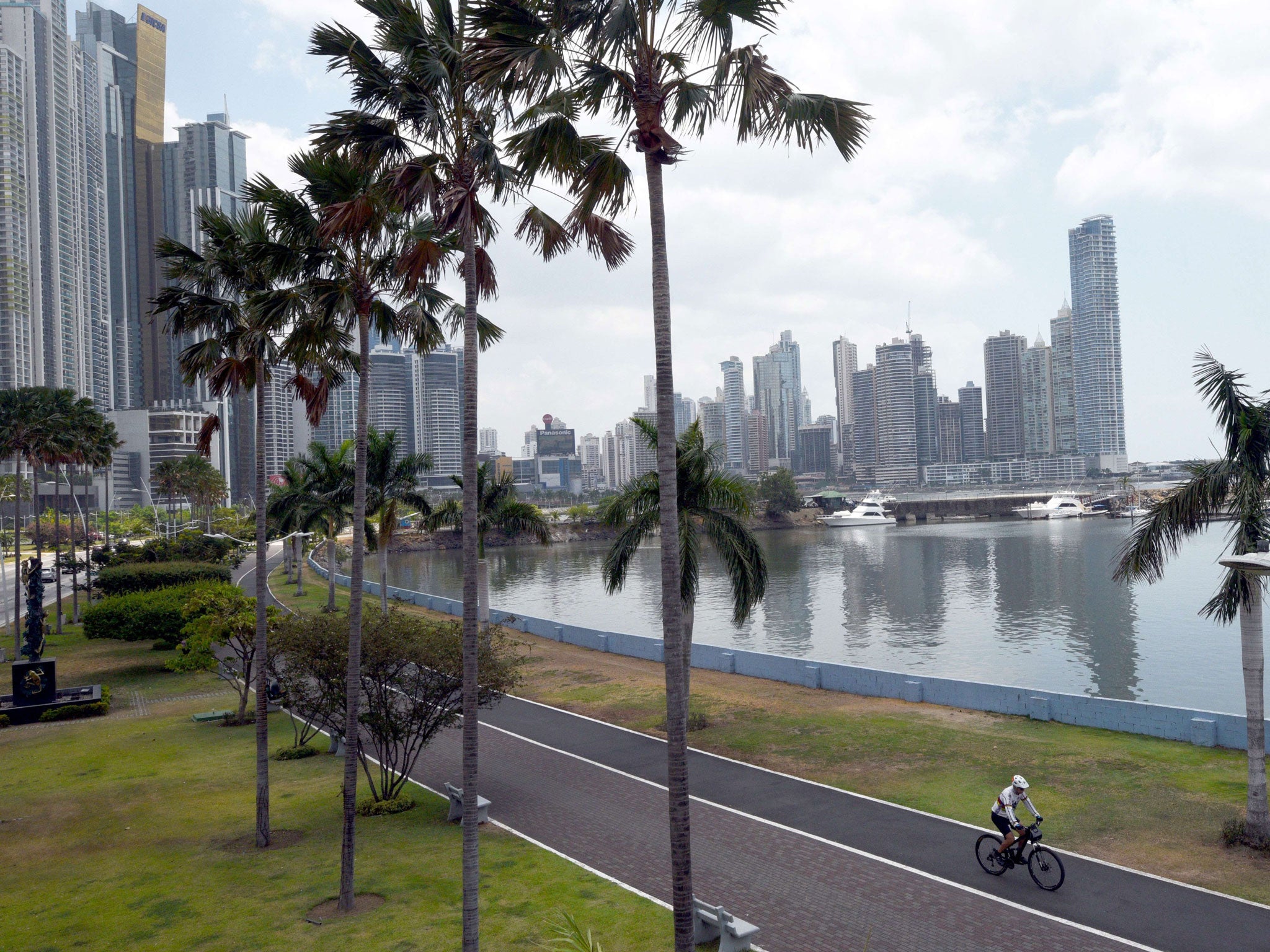Panama Papers: This is a very British scandal – so what will George Osborne do about it?
HMRC must learn from the mistakes it made after the Geneva data leak and act tough and fast on any evaders who may emerge

Your support helps us to tell the story
From reproductive rights to climate change to Big Tech, The Independent is on the ground when the story is developing. Whether it's investigating the financials of Elon Musk's pro-Trump PAC or producing our latest documentary, 'The A Word', which shines a light on the American women fighting for reproductive rights, we know how important it is to parse out the facts from the messaging.
At such a critical moment in US history, we need reporters on the ground. Your donation allows us to keep sending journalists to speak to both sides of the story.
The Independent is trusted by Americans across the entire political spectrum. And unlike many other quality news outlets, we choose not to lock Americans out of our reporting and analysis with paywalls. We believe quality journalism should be available to everyone, paid for by those who can afford it.
Your support makes all the difference.Don’t let all the talk of tropical islands, foreign dictators and plutocrats distract you from this one fact: the Panama Papers document a very British scandal.
And it’s not just the Prime Minister’s late father in the frame.
Time after time, the names and addresses on the documents of shell companies set up through Mossack Fonseca are of businessmen based in Britain, luxury properties based in London and banks operating out of the City or, in Coutts’ case, the Strand.
The leaks show UK “intermediaries” – that’s largely bankers, accountants and lawyers – commissioned more offshore shell companies from the firm than any other country bar Hong Kong, that favoured secrecy route for cash to be funnelled out of Asia. A mindboggling 2,000 British firms instructed Mossack to create companies for their clients – more than Switzerland and Luxembourg combined. A total of 32,000 shells were created for British clients.
It’s early days yet in the bumper data leak, but it’s a fair bet that the identities of plenty of Brits keen on keeping their cash away from the gaze of the UK authorities will soon emerge. A Londoner laundering money from the 1983 Brinks Mat robbery has already been named as a beneficiary of its services.
More links may be revealed with the British establishment, beyond the former Tory MPs, Lords and Ian Cameron.
Meanwhile, you can be assured that the thousands of shell companies ordered by HSBC, Rothschild and Coutts will have included many UK executives and tycoons, not to mention dodgy foreign billionaires and bureaucrats hiding wealth in London property purchases.
Given that most offshore structures are created to avoid tax, it won’t be lost on the public that the division of Coutts in question is owned by the taxpayer via RBS and thus benefited from the billions of pounds we ploughed into its parent.
Political capital will be made from the fact we bailed out a foolish bank which helped wealthy Brits to avoid tax, but are queasy about offering state aid to steel.
What is less clear is how much unpaid tax HMRC will be able to extract from the names which do emerge. Its track record is hardly stellar: remember the HSBC Geneva data leak? Then, the taxman took an age to take the list seriously (although it disputes that) and extracted little more than £130m from the tax dodgers mentioned — less than France, despite Brits holding twice as much cash in their accounts.
Worse still, in that case, despite the apparently blatant tax evasion going on, only one criminal conviction resulted.
The fact that big City firms are in the spotlight from a major tax-shelter data leak again gives the impression to the public that there’s one rule for them, and another for the Square Mile and its wealthy clients.
HMRC must learn from its mistakes last time and act tough and fast on any tax evaders whose names emerge. If that means the Chancellor increasing the taxman’s meagre budget, so be it. Otherwise, his claim last month that we’re all in austerity together rings ever more hollow.
Join our commenting forum
Join thought-provoking conversations, follow other Independent readers and see their replies
Comments